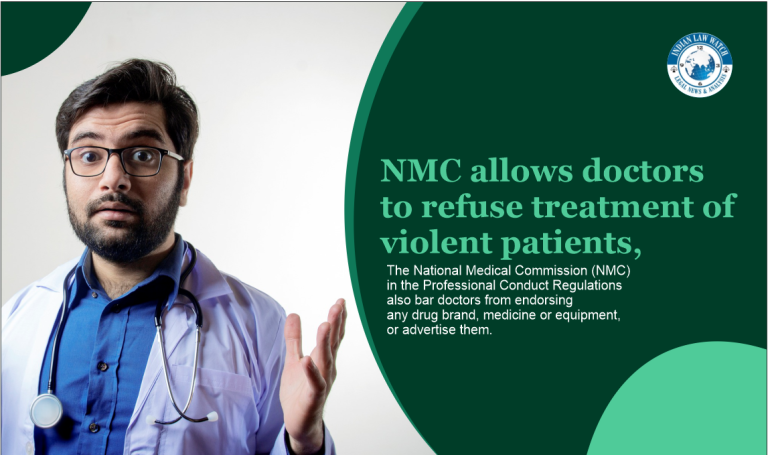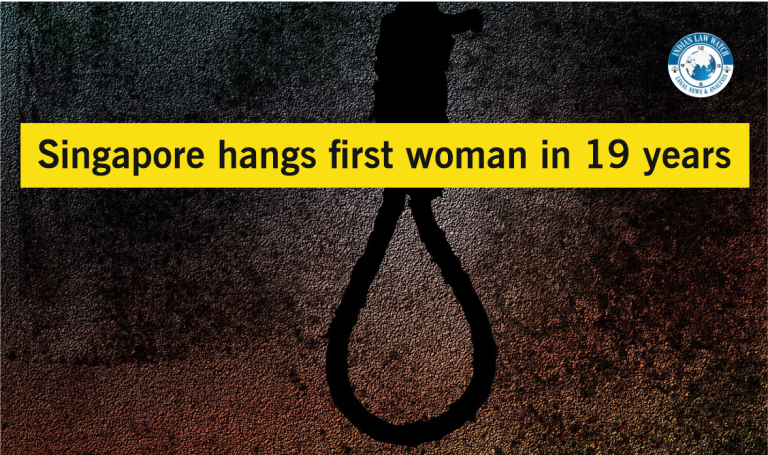
BACKGROUND
Singapore government has invoked its anti-misinformation law, the POFMA or Protection from Online Falsehoods & Manipulation Act a day after Delhi Chief Minister Arvind Kejriwal tweeted about variant from Singapore. The country’s health ministry has instructed the POFMA office to issue “General Correction Directions” to Facebook, Twitter”. The notice is not directed at Delhi CM or Indian social media but aims at safeguarding Singaporeans from false information.
Under this, the social media giants will be required to carry a “Correction Notice to all end-users in Singapore” who use the app that “there is no new “Singapore” variant of COVID-19. Neither is their evidence of any COVID-19 variant that is ‘extremely dangerous for kids.” POFMA-That is the acronym for Singapore’s anti-fake news law, passed in Parliament on 8 May 2019. Its full name is quite a mouthful – the Protection from Online Falsehoods and Manipulation Act, and it has far-reaching powers with the extra-territorial application.
Correction Notice details the “fact of the case” pointing out the “there is a false statement circulating online” which “implies that a new, previously unknown variant of COVID-19 originated in Singapore and/or risks spreading to India from Singapore.” The notice clarifies that “the strain that is prevalent in many of the COVID-19 cases detected in Singapore in recent weeks is the B.1.617.2 variant, which originated from India.”
Delhi CM in his remarks which he had tweeted called on India’s central government to suspend air services with Singapore immediately over the variant which he highlighted impacts children.
SINGAPORE LAW REGARDING POFMA
POFMA-That is the acronym for Singapore’s anti-fake news law, passed in Parliament on 8 May 2019. Its full name is – the Protection from Online Falsehoods and Manipulation Act, 2019 and it has far-reaching powers with the extra-territorial application.
Section 5 says that POFMA’s purpose is:
(a) to prevent the communication of false statements of fact in Singapore and to enable measures to be taken to counteract the effects of such communication;
(b) to suppress the financing, promotion and other support of online locations that repeatedly communicate false statements of fact in Singapore;
(c) to enable measures to be taken to detect, control and safeguard against coordinated inauthentic behaviour and other misuses of online accounts and bots; and
(d) to enable measures to be taken to enhance disclosure of information concerning paid content directed towards a political end.
Section 2(2)(b) defines a false statement as one that “is false or misleading, whether in wholly or in part, and whether on its own or in the context in which it appears.
Section 4 sets out a non-exhaustive definition of “in the public interest”, saying that “it is in the public interest to do anything if the doing of that thing is necessary or expedient:
(a) in the interest of the security of Singapore or any part of Singapore;
(b) to protect public health or public finances, or to secure public safety or public tranquillity;
(c) in the interest of friendly relations of Singapore with other countries;
(d) to prevent any influence of the outcome of an election to the office of President, a general election of Members of Parliament, a by-election of a Member of Parliament, or a referendum;
(e) to prevent incitement of feelings of enmity, hatred or ill-will between different groups of persons; or
(f) to prevent a diminution of public confidence in the performance of any duty or function of, or in the exercise of any power by, the Government, an Organ of State, a statutory board, or a part of the Government, an Organ of State or a statutory board.”
Part 2 of POFMA criminalises the communication of false statements of fact in Singapore in certain circumstances, and acts which enable or facilitate the communication.
Section 7 provides that a person must not do any act in or outside Singapore in order to communicate in Singapore a statement knowing or having reason to believe that:
(a) it is a false statement of fact; and
(b) the communication of the statement in Singapore is likely to:
(i) be prejudicial to the security of Singapore or any part of Singapore;
(ii) be prejudicial to public health, public safety, public tranquillity or public finances;
(iii) be prejudicial to the friendly relations of Singapore with other countries;
(iv) influence the outcome of an election to the office of President, a general election of Members of Parliament, a by-election of a Member of Parliament, or a referendum;
(v) incite feelings of enmity, hatred or ill-will between different groups of persons; or
(vi) diminish public confidence in the performance of any duty or function of, or in the exercise of any power by, the Government, an Organ of State, a statutory board, or a part of the Government, an Organ of State or a statutory board.
Individuals who contravene section 7(1) face a fine of up to $50,000 and/or imprisonment for up to 5 years. Organisations face a fine of up to $500,000. The punishment is enhanced if an unauthentic online account or a bot is used to communicate the statement and for the purpose of accelerating the communication.
WHO ON COVID 19 MISINFORMATION
As the world responds to the COVID-19 pandemic, we face the challenge of an overabundance of information related to the virus. Some of this information may be false and potentially harmful. Inaccurate information spreads widely and at speed, making it more difficult for the public to identify verified facts and advice from trusted sources, such as their local health authority or WHO. However, everyone can help to stop the spread. If you see content online that you believe to be false or misleading, you can report it to the hosting social media platform.
In the context of the strategic partnership with the Government of the United Kingdom, WHO has joined forces with its communications teams to raise awareness of misinformation around COVID-19 and encourage individuals to report false or misleading content online. This cooperation started with the joint Stop the Spread campaign in May-June 2020, which encouraged the use of trusted sources such as WHO and national health authorities for accurate COVID-19 information. The new phase of the joint campaign focuses on proactively identifying and reporting potentially wrong or misleading information, as part of WHO’s efforts to address the spread of inaccurate and harmful information during the pandemic.





